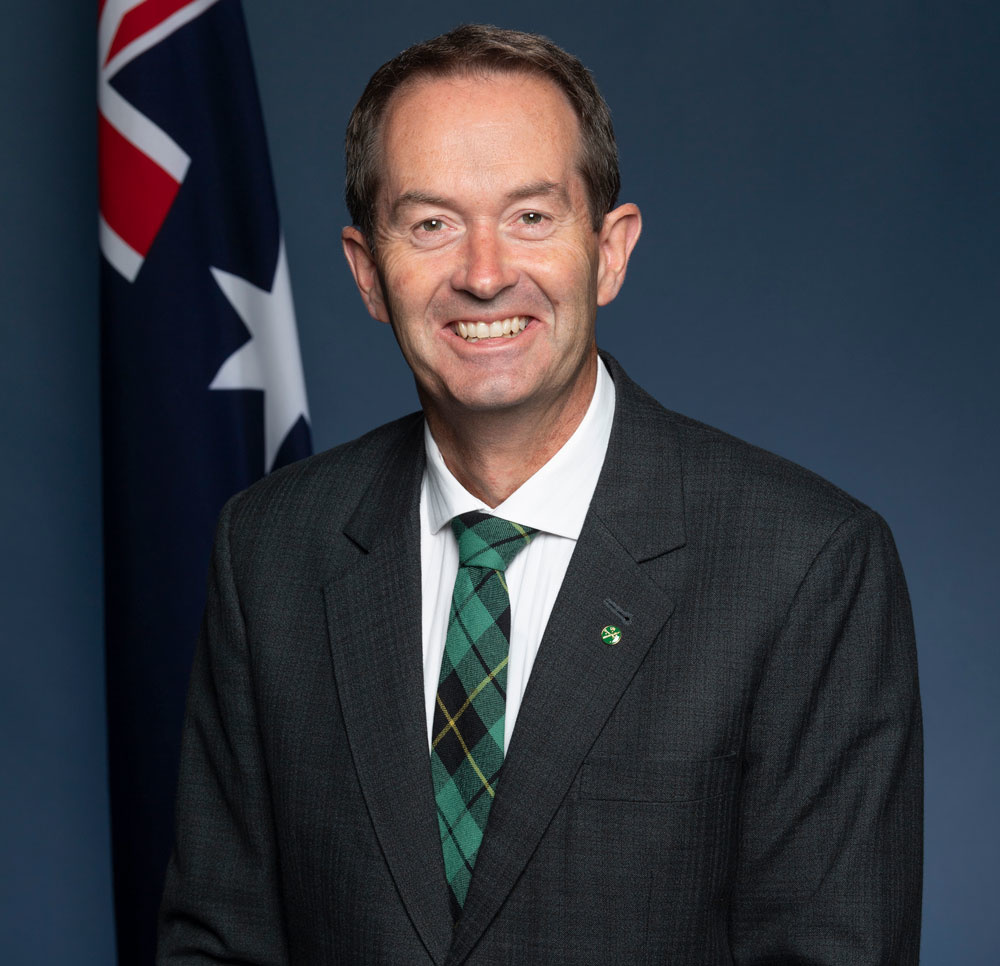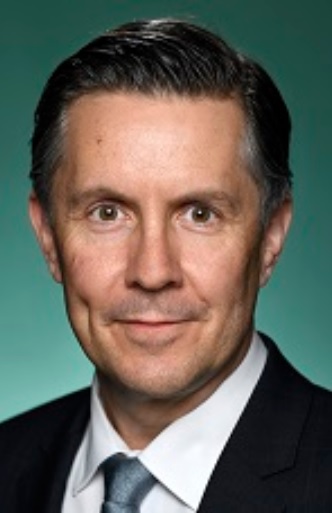A local mental health expert has shared her views on the Federal Government’s controversial decision to halve the number of subsidised psychology appointments available to patients from 2023.
The Coalition introduced an additional 10 psychology appointments under Medicare in August 2020, following the initial lockdowns in 2020, on top of the 10 already available under the Better Access Scheme.
However, funding for the extra appointments ran out at the end of 2022 and were not renewed.
The scheme gives Medicare rebates to eligible people for mental health support services from eligible general practitioners and other medical practitioners, psychologists, social workers and occupational therapists.

Sunshine Coast MP Andrew Wallace called the government’s decision “a kick in the guts for Australians seeking mental health treatment”.
“I am deeply disturbed by Labor’s latest betrayal to the most vulnerable people who need our help,” Mr Wallace said.
“Prime Minister Albanese needs to reverse this heartless decision.”
The Minister for Health Mark Butler responded, saying the government recognised the complexity and fragmentation of the mental health and suicide prevention system.
“An independent evaluation of the Better Access initiative by Melbourne University found that the scheme is not delivering for all Australians equally. This is the first comprehensive evaluation of this program for more than 10 years,” Mr Butler said.
“People from lower income households, those living in regional, rural and remote areas and aged care residents are missing out.”
Mr Butler said the evaluation found lower-income Australians have a much greater need for mental health services in the community, and they’re the least likely to access services under this program.
The evaluation further found that in 2021 Australians used five sessions on average, with 83 per cent of people using 10 or fewer sessions.
“The evaluation also finds that the poor access for lower-income Australians means that they are more likely to be prescribed medication – instead of being referred to a psychology service – than the highest-income Australians,” Mr Butler said.

“It found that the 10 additional sessions aggravated existing wait lists and aggravated barriers to access, particularly for lower-income Australians.
“It also found that the additional sessions went to existing patients rather than new patients, and were not targeted to Australians with more complex needs.
“The number of new patients who are able to access the system declined … and the wait times blew out for everyone.
“Gap fees are at an all-time high … people are paying more for their care and when they can’t afford those fees, they go without.”
Mental health expert weighs in
UniSC Senior Lecturer in Psychology Dr Rachael Sharman weighed in on the complex topic, saying the issue was, there was not a one-size-fits-all policy that was going to work for the mental health system.
“Some patients you could probably get away with about eight sessions but for other people you have really complex, serious and significant psychological disorders – 10 sessions is not going to cut it at all,” she said.
“There will be patients who will only need five sessions – a milder anxiety could be cleared up that quickly. It’s those complex disorders that create the need for more and longer sessions.
“PTSD, obsessive compulsive disorder, bipolar, severe presentations of anxiety and depression, any form of psychosis as well as personality disorders are conditions that will be a lot harder to treat in those 10 sessions.
“That’s the concern, there’s been this blanket idea that one size fits all.”
SUBSCRIBE here now for our FREE news feed, direct to your inbox daily!

“The government is trying to suggest that kicking everyone off at 10 sessions will open up psychologists, but a lot of this was a hangover from COVID.
“We know a lot of people suffered more with their mental health during COVID. It wasn’t an issue of how many sessions people were getting during the peak of COVID, there was just more people needing treatment.”
According to data released by Suicide Prevention Australia, more than one in three (38 per cent) Australians know someone in their personal life or networks who has died by or attempted suicide in the past 12 months.
The peak body’s findings showed cost-of-living and personal debt remained the number one issue driving elevated distress.
Dr Sharman said her colleagues recently advised her they were very worried for these patients that have complex disorders.
“We are also just about to go into next year which is going to be very difficult financially and people who are already struggling with a long-term serious mental illness tend to not have money growing on trees,” Dr Sharman said.
“Their means are already very limited so their capacity to pay for extra sessions is very limited … there is a real concern that this is going to discriminate again people who have much more complex presentation and they simply won’t have the capacity to pay.”
Another concern among Dr Sharman’s colleagues was if people get “cut off at the knees” too early, the presentation may come back twice as bad.
“They may even present to an emergency department in serious distress,” she said.
According to Dr Sharman the real problem in 2023 will be “a very surprising set of economic circumstances that very few people really saw coming”.
“People haven’t prepared for the fact the cost of living is going through the roof. We also have this record-breaking suite of interest rises, which have a lot of people worried,” she said.
“This decision to go back to the 10 sessions is unfortunate timing for some people – we are not through the pandemic – and now we are dealing with a whole range of other issues.
“That economic difficulty is going to have a big impact on mental health for Australians. But there are no simple answers.”
Patients who had been approved for the additional 10 psychology sessions before the end of 2022 will continue to be able to access those services early in the new year.
Mr Bulter said the government was committed to implementing ongoing system reforms to make a real difference to Australians’ mental health.
For help 24/7, phone Lifeline on 13 11 14 or the Suicide Call Back Service on 1300 659 467. If you or someone you know are in immediate danger, phone 000 for emergency services.
Local journalists supporting local people. Help keep independent and fair Sunshine Coast news coming by subscribing to our free daily news feed. All it requires is your name and email. See SUBSCRIBE at the top of this article.





